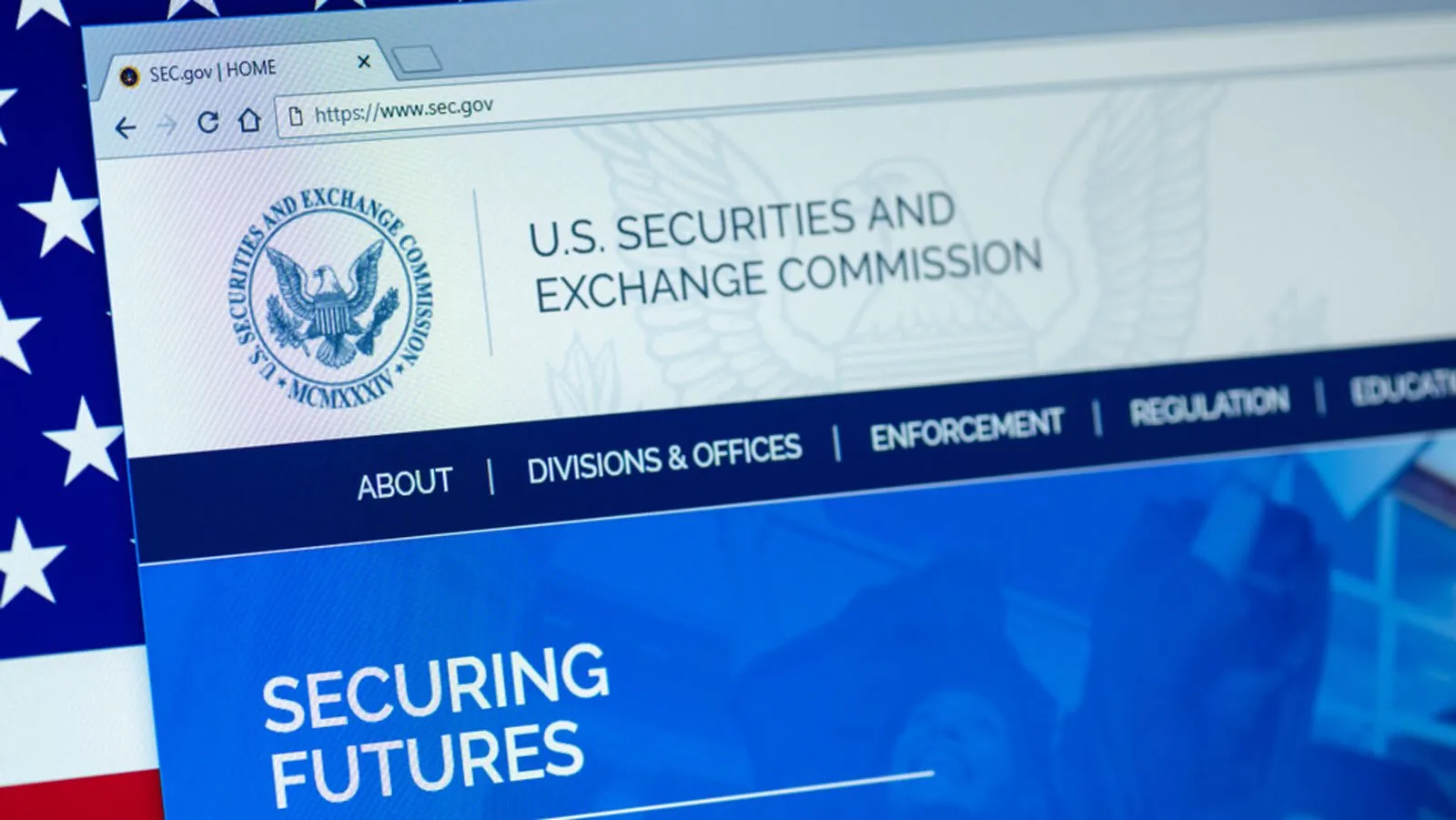Leave it to the SEC to get in one last parting shot (knock on wood) before we close out 2018.
Last Thursday, the U.S. Securities and Exchange Commission once again opted to delay its decision on the highly anticipated (though increasingly unlikely) Bitcoin exchange-traded fund (ETF)—thus dashing any remaining hope for a quick escape from this bear market.
The SEC's latest postponement sets judgment day as February 27, 2019 for the ETF proposed by investment management firm VanEck, blockchain startup SolidX, and the Chicago Board Options Exchange (CBOE). By rule, the SEC cannot delay again, which means the ETF's sponsors have just over two months to convince SEC Chairman Jay Clayton and his cohorts that their concerns have been addressed—or face what appears to be a near-certain thumbs down.
While the eventual approval of a Bitcoin ETF is widely considered the gamiest of potential game changers for the crypto market—based largely on the expectation for an immense influx of institutional money as a result—recent public comments from Clayton suggest the Commission won't be endorsing a Bitcoin ETF any time soon.
At the end of November, Clayton told the Consensus Invest conference in Manhattan that he would need to be assured that Bitcoin is “free from the risk of [price] manipulation” before he would be “comfortable” with a Bitcoin ETF. And he placed the burden for that lack of assurance squarely on the shoulders of the world’s major cryptocurrency exchanges, which are themselves in seemingly no rush to enact the sort of sweeping changes the SEC desires before it will allow Bitcoin an entry into the broader retail investor market.
Reasonable searches and seizures
For starters, Clayton pointed to issues related to “custody”—the relative ease with which bitcoin can be stolen, or simply vanish, from crypto exchanges. "We care that the assets underlying that ETF have good custody, and that they're not going to disappear,” Clayton said at the conference. But more importantly, Clayton stressed the lack of “safeguards” within crypto exchanges that exist in traditional stock exchanges to prevent manipulation—what the SEC refers to as “surveillance-sharing agreements.”
Jake Chervinsky, a securities litigation attorney at the law firm of Kobre & Kim LLP, recently summarized the SEC’s position on the VanEck/SolidX proposal for his Twitter followers, concluding that the ETF is, indeed, “in trouble.” Chervinsky explained that “a surveillance-sharing agreement would involve a crypto exchange voluntarily giving detailed information to CBOE about its order books [and] operations, including trading data [and] customer identification.” The SEC, he says, “could then require CBOE to turn that information over.”
The problem is, as Chervinsky and others note, crypto exchanges have about a billion reasons to not willingly succumb to the SEC’s “surveillance” of their operations. “These exchanges have a lot to hide,” economist and trader Alex Krüger tells Decrypt. Nevertheless, Krüger says he believes it is in crypto exchanges’ best interest to eventually play ball. After all, the approval of a Bitcoin ETF—whatever the cost to “privacy”—benefits the entire crypto ecosystem, including exchanges, if the price goes to the moon when all that sweet, sweet institutional money (presumably) comes pouring in.
The Chicago Board, for its part, has shown a willingness to cooperate with the SEC’s calls for surveillance-sharing agreements, entering into precisely such an agreement with the Winklevoss twins’ Gemini exchange. The SEC, however, would prefer to see information being shared with a vaguely defined “regulated market of significant size,” and the Winklevii—institutional darlings though they might be—probably won’t cut it. As Krüger notes, this is likely going to take an exchange on the order of a Bitmex to step up to the plate, as improbable as that currently is.
Krüger says he agrees with Chervinsky’s analysis but is even less optimistic on the ETF’s odds in the near term. There’s about a “1 percent” chance this thing gets approved in February, the deft trader says, hedging his bet. “Maybe on appeal, or if a new commissioner were to turn pro [Bitcoin] ETF.”
Grow up, crypto
For now, though, Clayton’s our man, and while his recent comments mostly reiterate the SEC’s position in previous Bitcoin ETF denials, they indicate the crypto market has not yet sufficiently “matured” in the Commission’s view. Cryptocurrency compliance expert Juan Llanos concurs, but for different reasons.
“It's very hard to blame any external observer surmising that the crypto market is extremely immature,” he says. “Just take a look at the bickering among competing factions, the constant ad hominems, and extreme opacity of market operators anywhere in the world.”
Meeting the SEC’s expectations in exchange for a favorable ETF ruling is possible, Llanos says, “but it will take time.” Besides, he says, a Bitcoin ETF isn’t the be-all and end-all that it’s made out to be. “It's an important step, but I think it's overrated.” Llanos adds that the crypto market has not yet earned the “privilege” of opening its doors to retail investors, and regulators are right to acknowledge that. “The industry should collectively get [its] act together and continue innovating, building better, more secure infrastructure—and, at the same time, comply, at a minimum, with the policy objectives pursued by regulation.”
It’s the kind of measured approach that demands patience, preparation, and, well, maturation from a crypto industry deep in winter—one which understandably yearns for a speedy return to sunnier days. But it may also be the approach that ultimately delivers the kind of long-term stability that not even a massive injection of institutional money can buy.

